[caption id="attachment_1003742477" align="alignnone" width="550"]
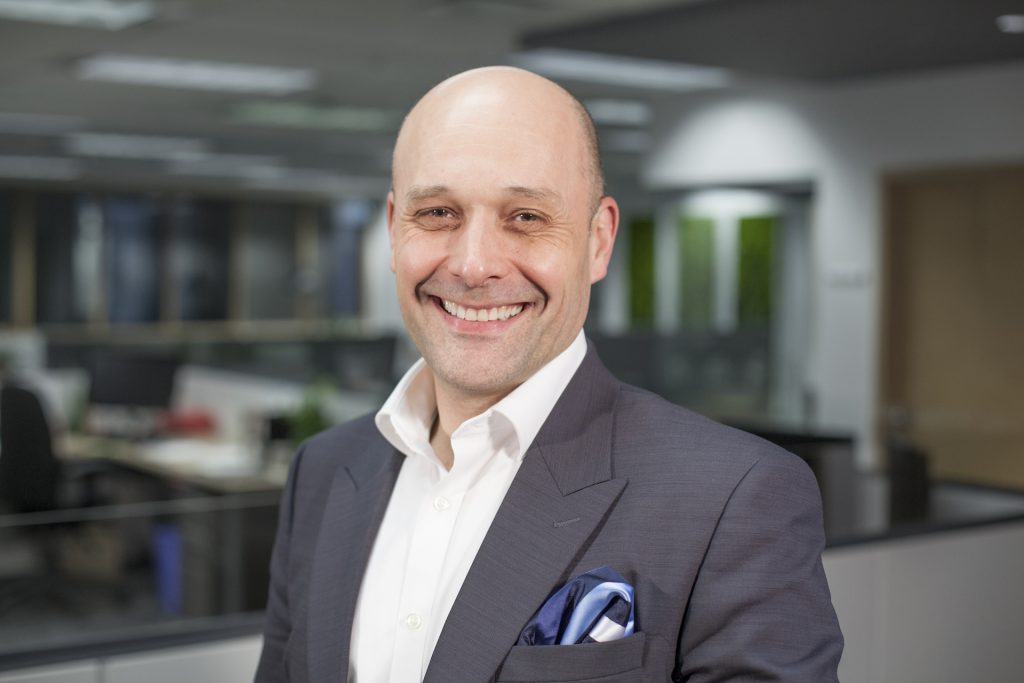
Giuseppe Campanelli, Metso Outotec's president of North and Central America. Credit: Metso Outotec[/caption]
Metso and Outotec completed a merger in July 2020 that resulted in Metso Outotec. Headquartered in Helsinki, the new company offers an end-to-end, comprehensive portfolio of mineral processing solutions, has a network of 5,000+ service experts worldwide, and in March opened an industry leading performance centre in Santiago to provide remote operations support to customers.
Canadian Mining Journal's editor-in-chief, Alisha Hiyate, spoke with Guiseppe Campanelli, a Montreal-based 25-year veteran of Metso who is now Metso Outotec's president of North and Central America, about the new company and its offerings.
CMJ: Metso has just gone through a big merger with Outotec: Are there any new capabilities that the company now has?
Giuseppe Campanelli: Yes, absolutely. The primary rationale of the merger was really to combine these significantly complementary portfolios and when we put those together we're truly able to now deliver more complete solutions to our customers. In the past, there were some limitations as to the responsibility we take on those solutions that we offered – we are now able to deliver to our customer a little more where we can take ownership of what's being fed into the equipment and also what's happening in the process downstream.
CMJ: Can you give me a specific example to illustrate that?
GC: Well, if you think of a customer's flow sheet, the Outotec side did not have a crushing portfolio. Their portfolio began with the grinding mill, so everything they delivered was dependent on what was being fed to that grinding circuit. Metso had a significant crushing portfolio and now the combined company can offer to the customer a more complete solution where we can take ownership of what's happening at the crushing station and also how that's delivering the product to the grinding line. Same thing downstream, Metso did not have a significant portfolio downstream – we had some beneficiation and separation elements in our portfolio, but Outotec had a more significant portfolio in that area of the flow sheet and everything downstream from there. Metso's solutions largely ended post grinding. Now we can offer a more complete solution, so that allows us to take more ownership, our involvement in their overall process can be greater, and then the customer truly can rely on this one partner to take on more of their pain.
One of the problems our customers have is that they need to deal with many partners, many suppliers, many vendors and they become the denominator in everything that's being supplied, they're the ones who have to deal with any finger pointing between suppliers. With a solution provider such as Metso Outotec, we can take on more ownership of what's being delivered to them.
CMJ: What trends are you seeing in customer demand as a result of the COVID-19 pandemic since it began in March?
GC: For the most part, commodity prices are fairly buoyant – especially some precious metals, so our customers are still pushing production as much as they can. Of course there are pockets in different parts of the world where the pandemic has caused shutdowns. But for the most part here in North and Central America, operational demand from our customers has been fairly consistent. As long as they're operating, they need support. And as long as they're operating and commodity prices are buoyant, they're still working on expansion and improvement projects.
The one thing we have noticed is that it's more important now than ever that our customers deal with suppliers that are more resilient, that their supply chain is resilient. We have a very robust supply chain, we've been able to keep all of our factories open during the pandemic – we've taken precautions to ensure that they are. That's becoming more and more important for our customers during the pandemic and at the same for our service capabilities. Metso Outotec has a massive services organization where we're able to mobilize to site, even though that's increasingly difficult because of the pandemic.
CMJ: Can you give me a little more detail on the challenges the pandemic has presented in terms of providing service to your customers, and how have you met those challenges?
GC: In order for our customers to protect production, they limit the number of people that go to site, both their own management and vendors. So while there's a need for direct services and we mobilize people to site, there's also a need to troubleshoot, inspect, understand the condition of the equipment, and to communicate with the people on the ground remotely. That led us to develop stronger digital applications to communicate with our customers and allow us to use the limited number of people that are on the ground to give a view of what's going on with the equipment – so inspection apps, more digital communication. That's been a change that we needed to implement quickly and that has brought a lot of value to our customers – they're still able to lean on the OEM, the expert, to give advice on the condition of the equipment and support decision making.
CMJ: Of the many solutions Metso Outotec offers to the mining sector, where do you see the most innovation now and in future? Where are you putting the most money and effort into R&D?
GC: Our customers have tremendous challenges – the industry is a massive consumer of energy and water, and are in more remote locations than ever before. We develop our products in those same areas where our customers are most challenged and looking for solutions.
In comminution, how do we develop equipment to consume less energy? The grinding process is a massive energy consumption part of the process, so we're trying to develop products where we can liberate minerals with less energy.
Water recovery is a key area, even in areas where water is in abundance – so recycling of water and disposing of it in environmentally friendly way.
And the third area is digitalization, where our equipment becomes smarter, and can be operated and troubleshooted remotely.
[caption id="attachment_1003742478" align="alignnone" width="550"]
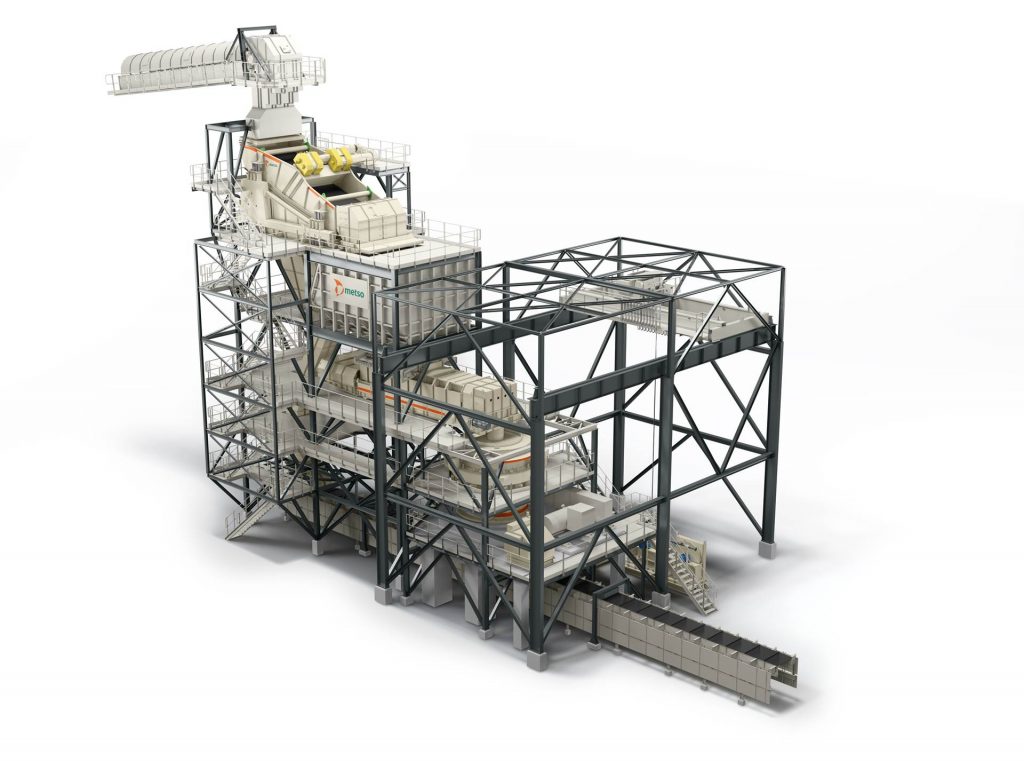
Foresight crushing station. Credit: Metso Outotec[/caption]
CMJ: What new products has Metso Outotec launched recently or are you getting ready to launch that you're excited about?
GC: One is our
Megaliner discharge system. We developed Megaliner lining systems for mills years ago and now that's growing to the discharge part of the mill. This is an important evolution to the mill lining solution – mill liners need to essentially do three things: they need to ensure that there's a proper grinding efficiency; they need to fit; and they need to be easily replaceable in a safe way. This one Megaliner solution covers all three of those aspects. They're lighter, easier and safer to replace, and when used well and depending on the application, they can increase uptime and maximize grinding efficiency.
Another area where we're developing interesting products is in digitalization. We've launched the
Foresight crushing stations, which is digitally enabled equipment that allows us to achieve optimal production levels for our equipment and allows continuous visibility of equipment health and operations both onsite and remotely. We're excited about that, and that solution will be linked to our performance centres, which are remote monitoring centres where we'll have people helping our customers 24/7.
One other area is our latest release of our high-pressure grinding roll technology. Many years ago, Metso launched our HRC version, which was an industry leading application where we had this flange technology on the rolls allowing the product to be very efficient in throughput and energy consumption. Now, we've developed a next-generation HRC as well as a retrofit kit that allows our customers to take advantage of the benefits of their existing HPGRs. Both solutions are launching very soon.
CMJ: Tell me more about the performance centres.
GC: While we have the ability to do remote monitoring, we have built what we consider an industry leading
performance centre in Santiago. That was launched officially in March 2020.
That performance centre will have expertise in one location, allowing us to support our customers in various ways. We've got experts monitoring and analyzing the health of equipment mechanically, receiving signals from the equipment that's operating and being able to identify issues and solutions quickly, or help our customers run the equipment better remotely.
The second aspect of the performance centre is our process expertise – Metso Outotec does have a significant automated process portfolio. We have instruments onsite that help our customers run their equipment and process, and we can support them remotely.
The third aspect is more specific to the South American operations, but is also going to be growing – the remote monitoring of gearless drives. We acquired HighService in Chile a couple of years ago: they had a gearless drive service portfolio, including remote monitoring and remote support, and that is now part of the performance centre.
For more information, visit
www.MOGroup.com.

 Foresight crushing station. Credit: Metso Outotec[/caption]
CMJ: What new products has Metso Outotec launched recently or are you getting ready to launch that you're excited about?
GC: One is our
Foresight crushing station. Credit: Metso Outotec[/caption]
CMJ: What new products has Metso Outotec launched recently or are you getting ready to launch that you're excited about?
GC: One is our 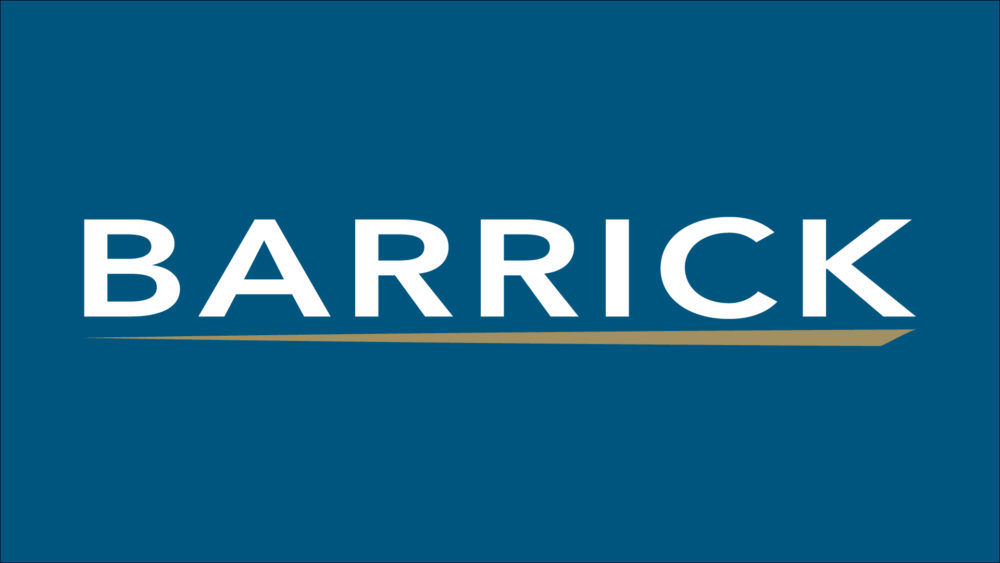
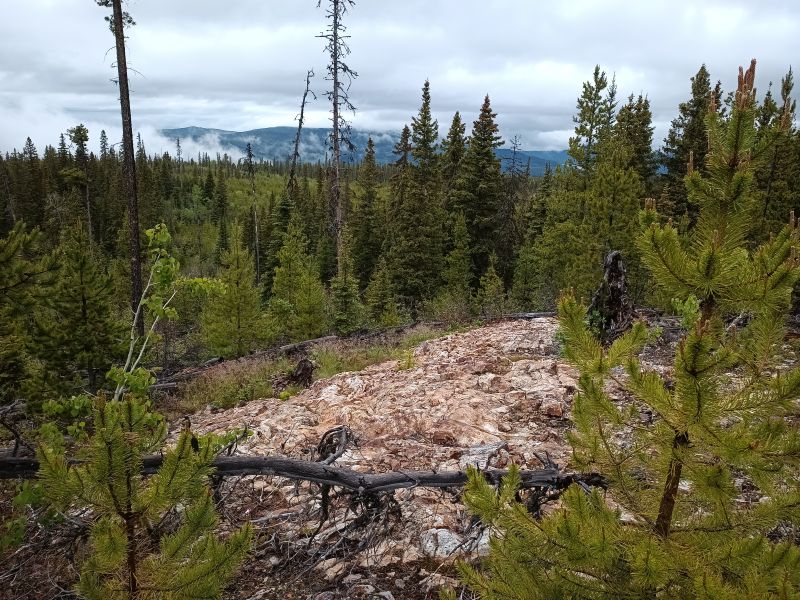
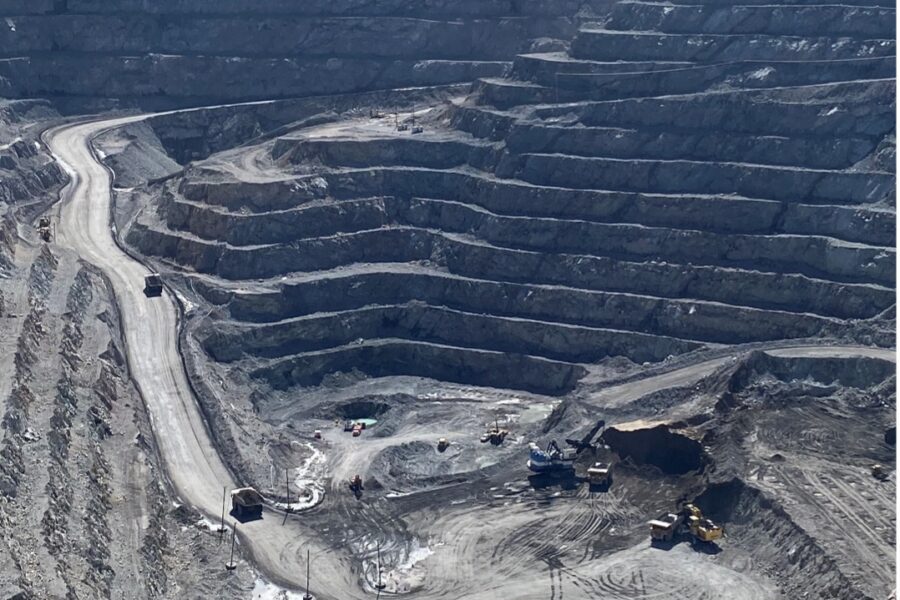
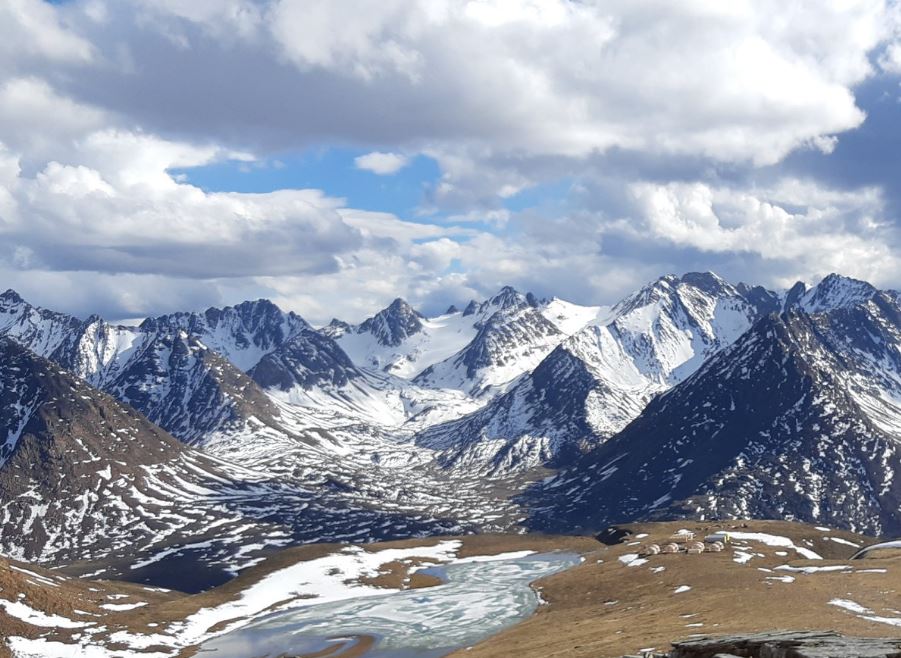
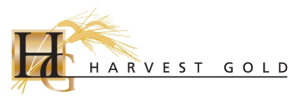
Comments